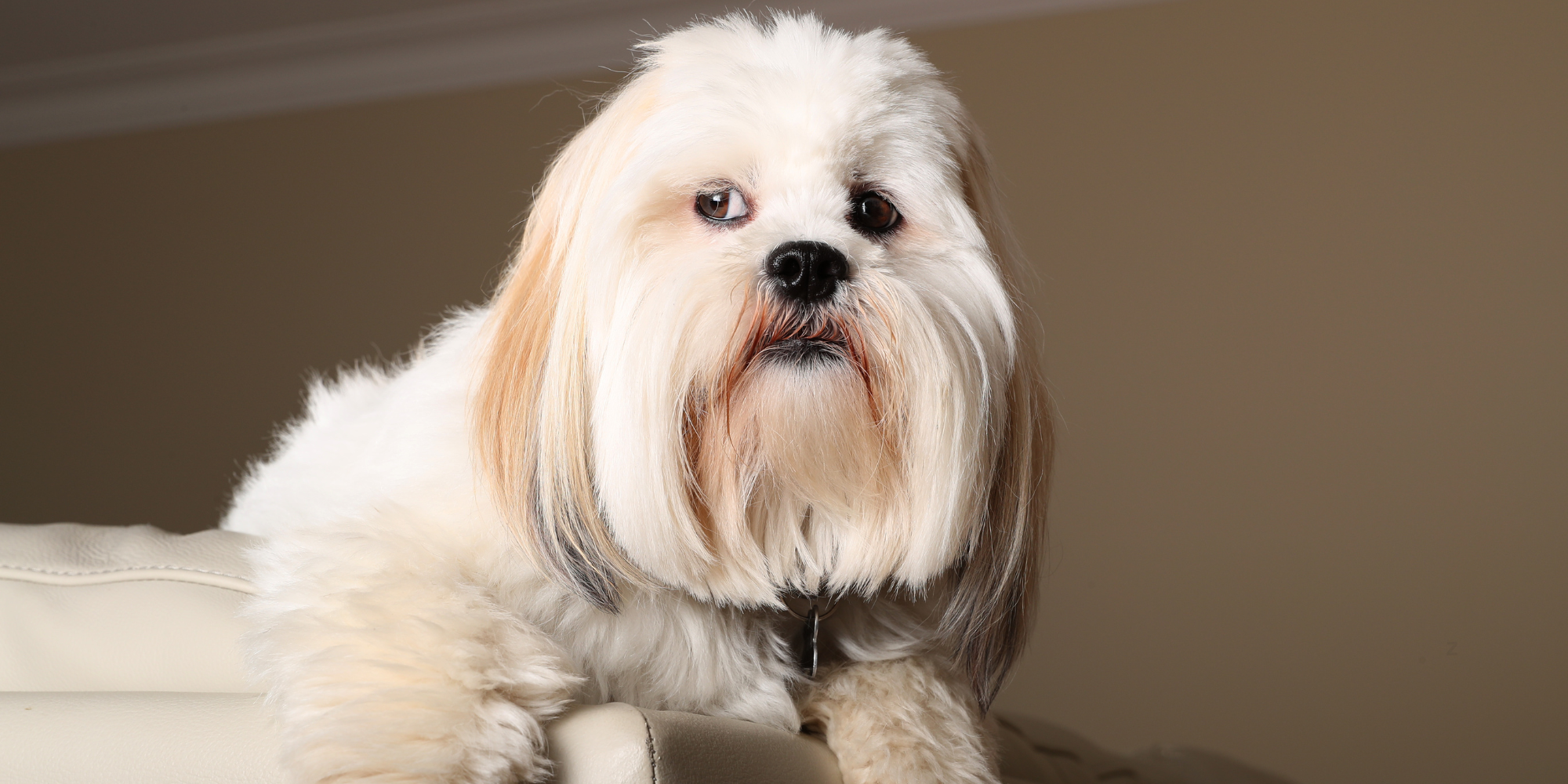Introduction
The best diet for Lhasa Apso ensures their health and supports a long, happy life.
- Providing proper nutrition helps maintain their energy and immune system
- Lhasa Apsos have specific dietary needs based on their size and breed
- Understanding their food preferences will ensure they get the best nutrients
- It’s important to choose high-quality food that suits your Lhasa Apso's lifestyle
- Regular vet check-ups are necessary to adjust their diet as they age and grow
1. Nutritional Needs of Lhasa Apsos

Lhasa Apsos needs a balanced diet rich in proteins, fats, vitamins, and minerals.
- High-quality protein: Supports muscle health and maintains energy levels
- Healthy fats: Keep their skin and coat shiny and support brain function
- Complex carbohydrates: Provides a steady source of energy throughout the day
- Essential vitamins: Boosts their immune system and improves overall well-being
- Minerals like calcium and phosphorus: Strengthens bones and teeth for good health
- Omega-3 fatty acids: Reduces inflammation and promotes joint health and flexibility
- Probiotics and fiber: Improves digestion and prevents gastrointestinal issues
2. Best Dry Food Options
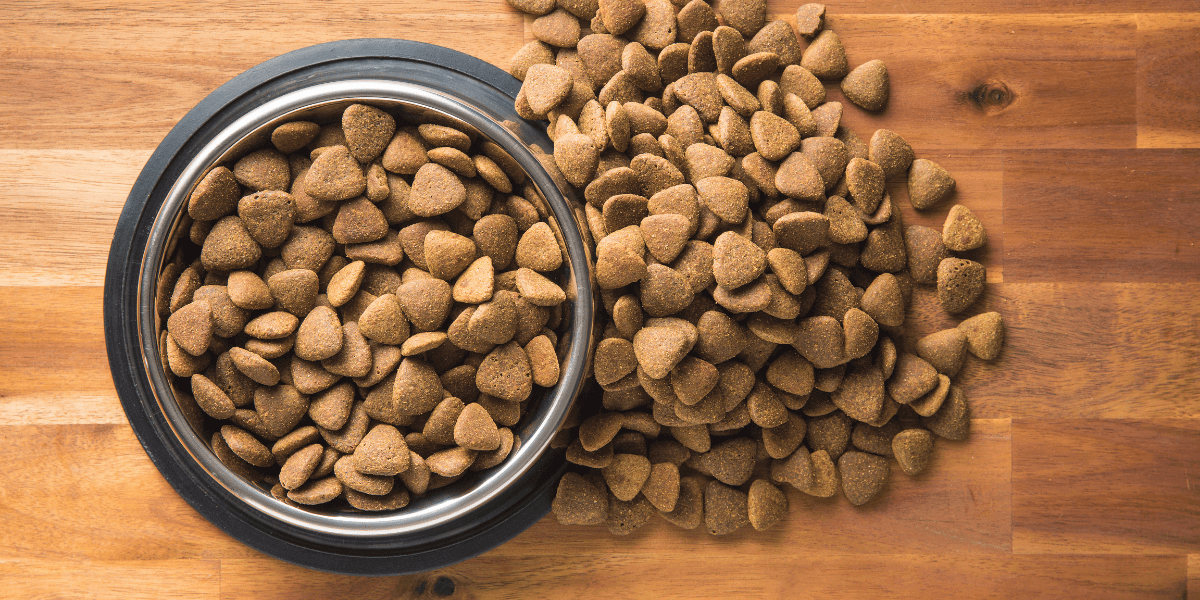
Selecting high-quality kibble is key to the Best Diet for Lhasa Apso to thrive.
- Grain-free formulas: Ideal for dogs with allergies or sensitive stomachs
- High-protein kibble: Supports lean muscles and provides lasting energy
- Limited ingredient diets: Prevents allergic reactions and digestive problems
- Small breed-specific kibble: Sized appropriately for small mouths and teeth
- Kibble with added probiotics: Promotes a healthy digestive system and gut health
- Whole meat-based kibble: Provides better nutrition than meat by-products or fillers
- Kibble with added antioxidants: Helps boost the immune system and slow aging
3. Wet Food
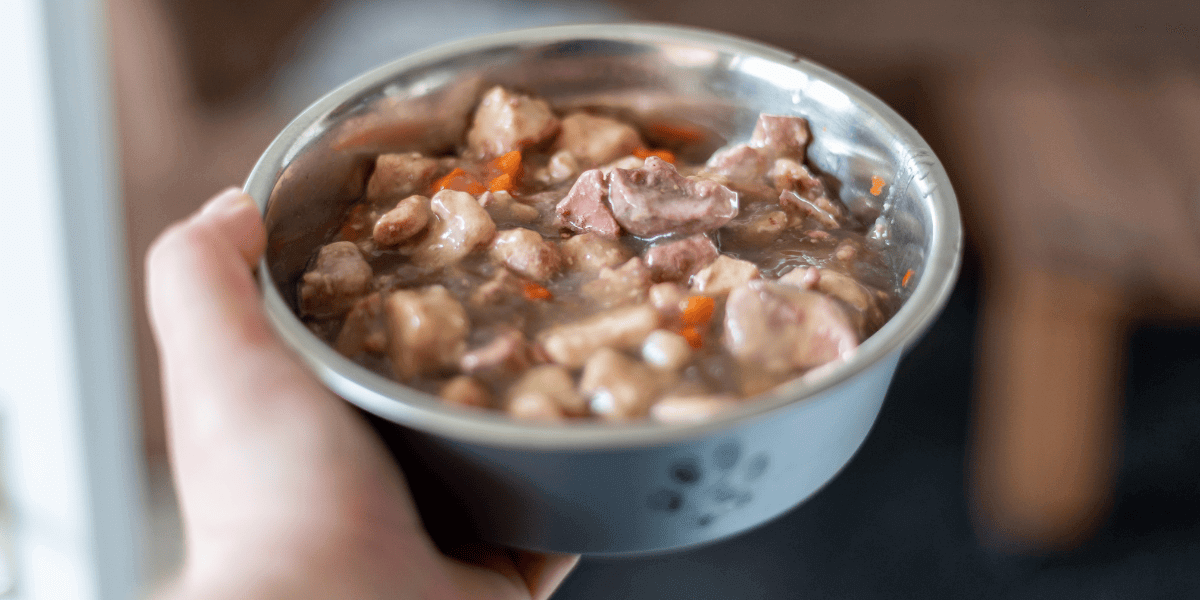
Wet food can provide additional moisture and a tastier meal for picky eaters.
- High-moisture content: Helps keep your dog hydrated, especially in warm climates
- Soft texture: Ideal for older dogs or those with dental issues or missing teeth
- Tastier and more palatable: Appeals to fussy eaters or those with reduced appetite
- Lower in preservatives: Wet food usually has fewer artificial preservatives or fillers
- Easy to mix with dry food: Provides a combination of textures and flavors
- High-quality ingredients: Often made with fewer artificial ingredients or chemicals
- Good for weight management: Allows you to control portion sizes more precisely
4. Homemade Diets
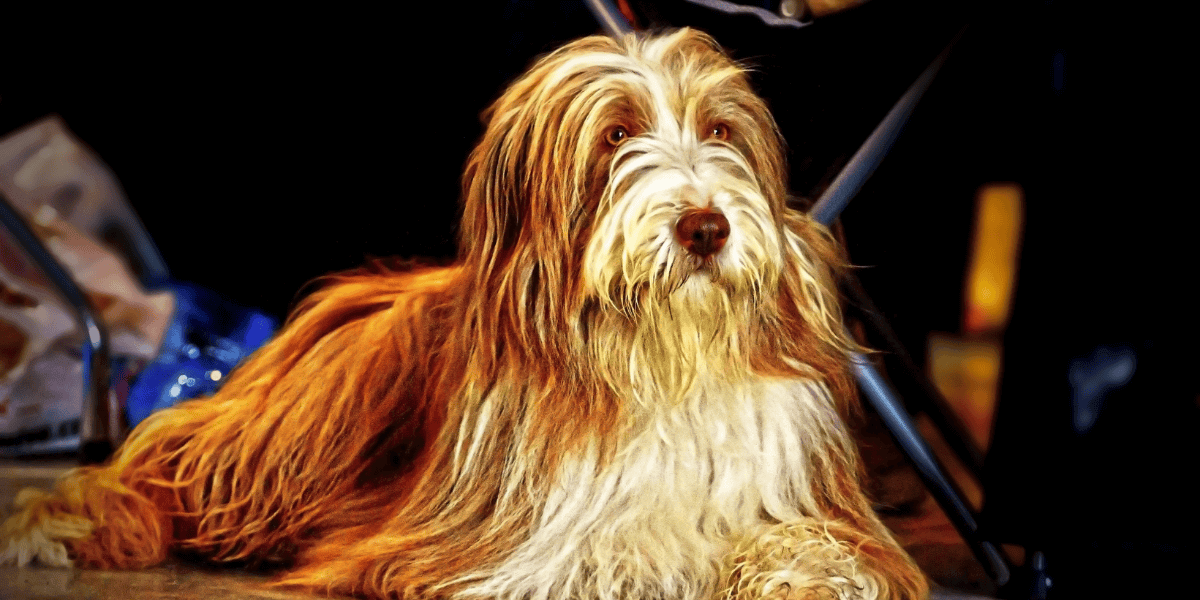
Homemade diets offer full control over ingredients and ensure quality nutrition.
- Cooked lean meats: Provides necessary protein without harmful additives or preservatives
- Brown rice or quinoa: Serves as a healthy carbohydrate option for energy
- Cooked vegetables: Adds fiber and essential vitamins for better digestion
- Eggs or fish: Provides healthy fats and omega-3 fatty acids for brain function
- Calcium supplements: Ensures strong bones and teeth if not included in the food
- Portion control: Prevents overfeeding and helps maintain a healthy weight
- Consult your vet: Ensures the homemade diet meets all nutritional needs
Discover the best foods and supplements for your Lhasa Apso's homemade diet in our comprehensive guide.
5. Foods to Avoid for Lhasa Apsos

Certain foods and ingredients are dangerous or toxic to your Lhasa Apso’s health.
- Chocolate: Contains theobromine, which is toxic to dogs and causes heart issues
- Grapes and raisins: Can lead to kidney failure even in small amounts
- Onions and garlic: Damages red blood cells and can lead to anemia in dogs
- Alcohol: Causes intoxication, coma, or even death in dogs if ingested
- Artificial sweeteners like xylitol: Lead to a dangerous drop in blood sugar levels
- Excess salt: Can cause high blood pressure, dehydration, or sodium poisoning
- Fatty or fried foods: Leads to obesity, pancreatitis, or digestive issues in dogs
6. Treats and Snacks
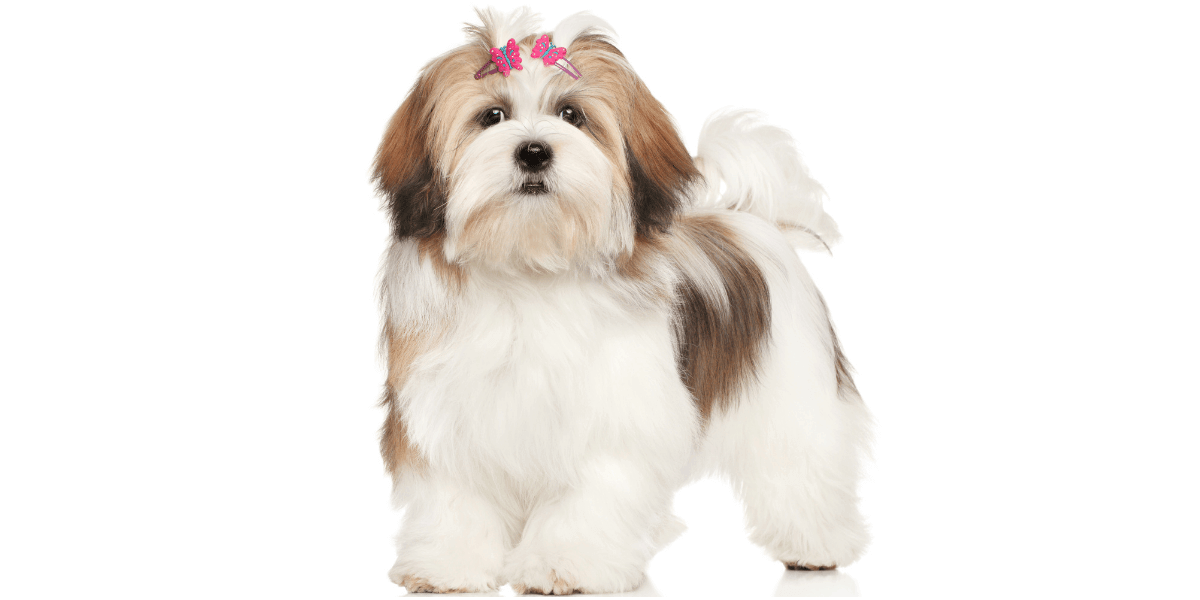
Healthy treats are part of the best diet for Lhasa Apso, ensuring balance and rewards.
- Freeze-dried meat treats: Offer a protein-rich reward with minimal processing
- Vegetable-based chews: Low-calorie snacks that support dental health and well-being
- Fruit snacks: Apples or blueberries provide antioxidants and vitamins for health
- Low-fat training treats: Prevents weight gain while offering motivational rewards
- Homemade treats: Allows you to control the ingredients and ensure they’re healthy
- Dental chews: Supports oral hygiene and helps prevent plaque buildup on teeth
- Limit high-calorie treats: Ensures your Lhasa Apso stays within a healthy weight range
Learn about common health issues in dogs and which treats and snacks to avoid to keep your Lhasa Apso healthy.
7. Adjusting Diet as Lhasa Apsos Age
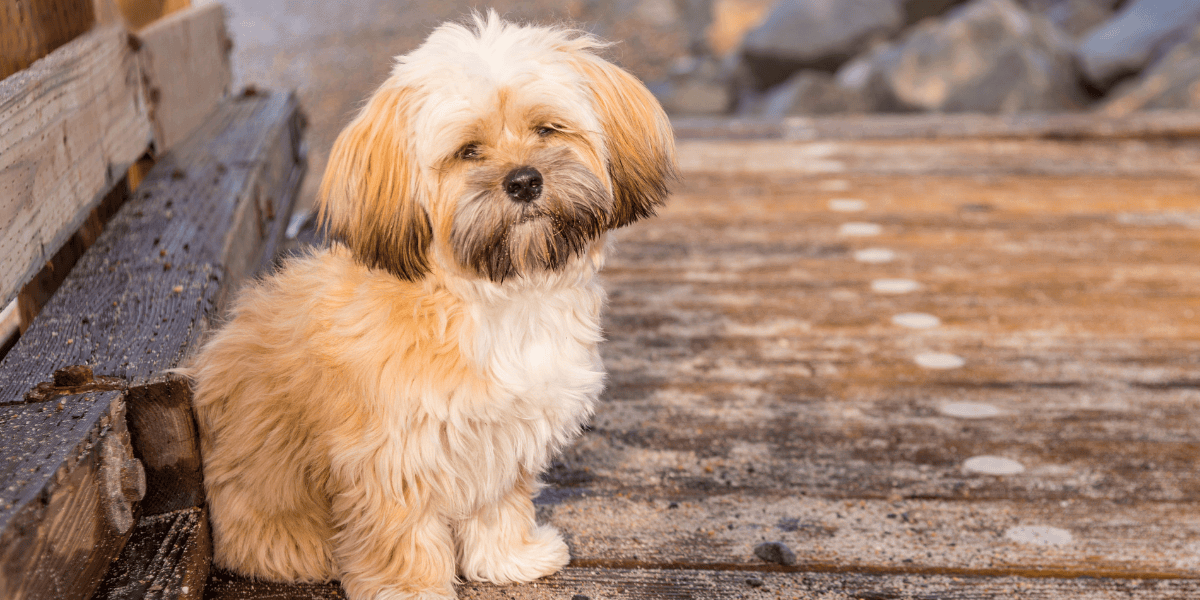
Your Lhasa Apso’s dietary needs change as they move from puppyhood to senior years.
- Puppy food: Provides extra calories and nutrients for growth and development
- Adult dog food: Balances nutrients to maintain healthy muscles, skin, and coat
- Senior formulas: Focuses on joint support, lower calories, and improved digestion
- Weight management: Adjusts calories to prevent obesity as they become less active
- Added joint supplements: Helps prevent arthritis and improve mobility in senior dogs
- Dental care: Includes food that supports dental health as they age and teeth weaken
- Regular vet checkups: Ensures their diet is appropriate for their age and health
Adjust your Lhasa Apso's diet as they age with insights from our feeding guide for dogs from puppy to senior.
FAQs
1. What protein sources are best for Lhasa Apsos?
- The best diet for Lhasa Apso includes lean proteins like chicken, turkey, and fish
2. Should I feed my Lhasa Apso grain-free food?
- Grain-free food suits dogs with allergies but isn't essential for all Lhasa Apsos
3. Can I give my Lhasa Apso table scraps as treats?
- Avoid table scraps to help your dog maintain a balanced and nutritious diet
4. How often should I feed my Lhasa Apso?
- Adult Lhasa Apsos should eat two small meals daily to keep energy levels steady
5. Is wet food better than dry food for Lhasa Apsos?
- Wet food is tastier and hydrating, but dry food is generally better for dental health
6. What should I do if my Lhasa Apso refuses to eat?
- Consult your vet and consider changing food types or textures like wet food
7. Are supplements necessary for a Lhasa Apso’s diet?
- Some dogs may benefit from supplements like omega-3 or probiotics based on their health
Conclusion
- Providing a balanced diet is essential for your Lhasa Apso’s long-term health
- Choose high-quality ingredients for the Best Diet for Lhasa Apso that meets their needs
- Keep in mind that age and activity levels affect their daily caloric intake
- Avoid harmful ingredients and focus on foods that promote overall well-being
- Consult with your vet regularly to ensure their diet is appropriate as they age
- Treat your Lhasa Apso responsibly, focusing on healthy snacks that support nutrition
If you found this guide helpful, like and share it with fellow dog lovers today!
References
For more information on the Best Diet for Lhasa Apso, check out these resources:

